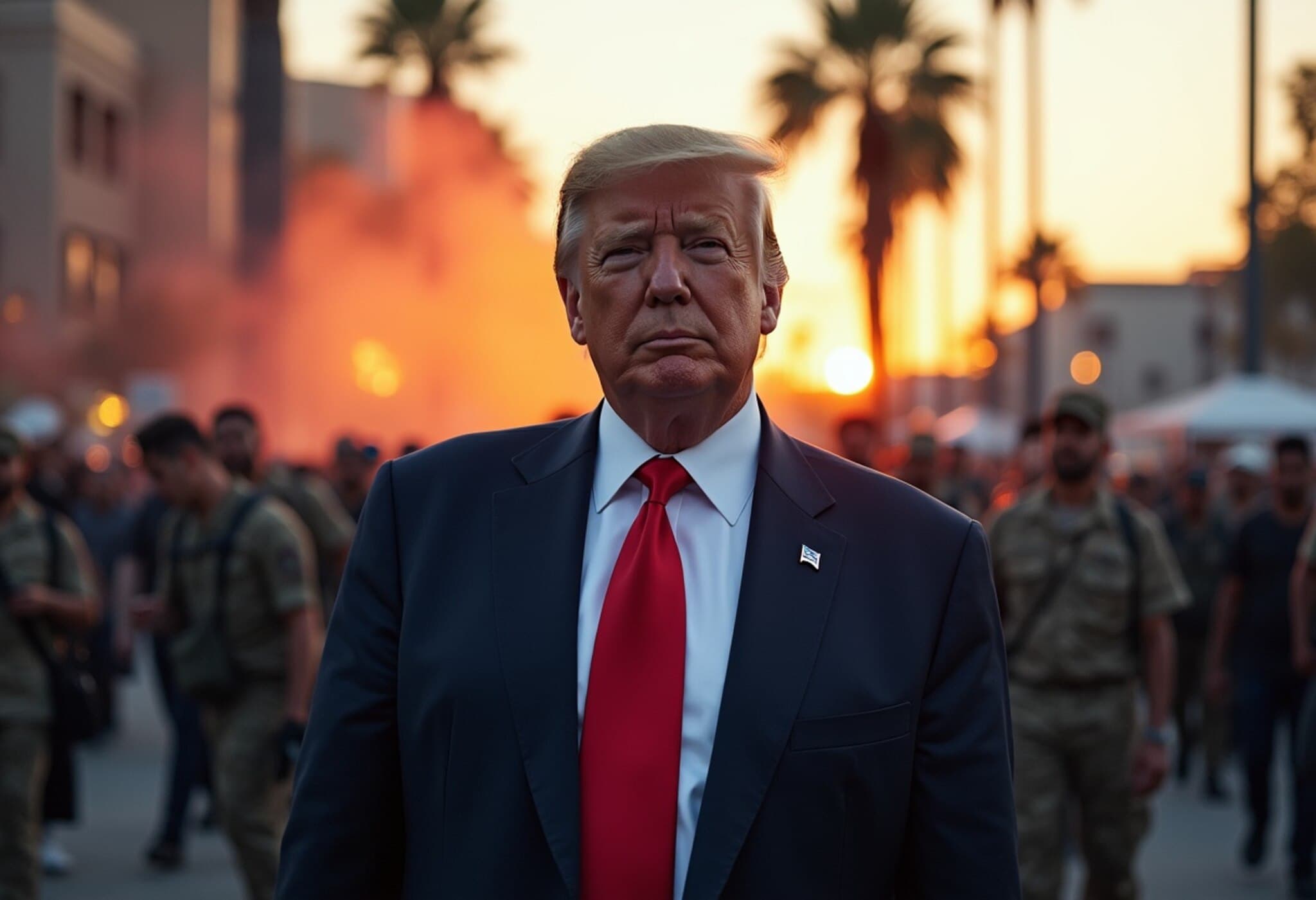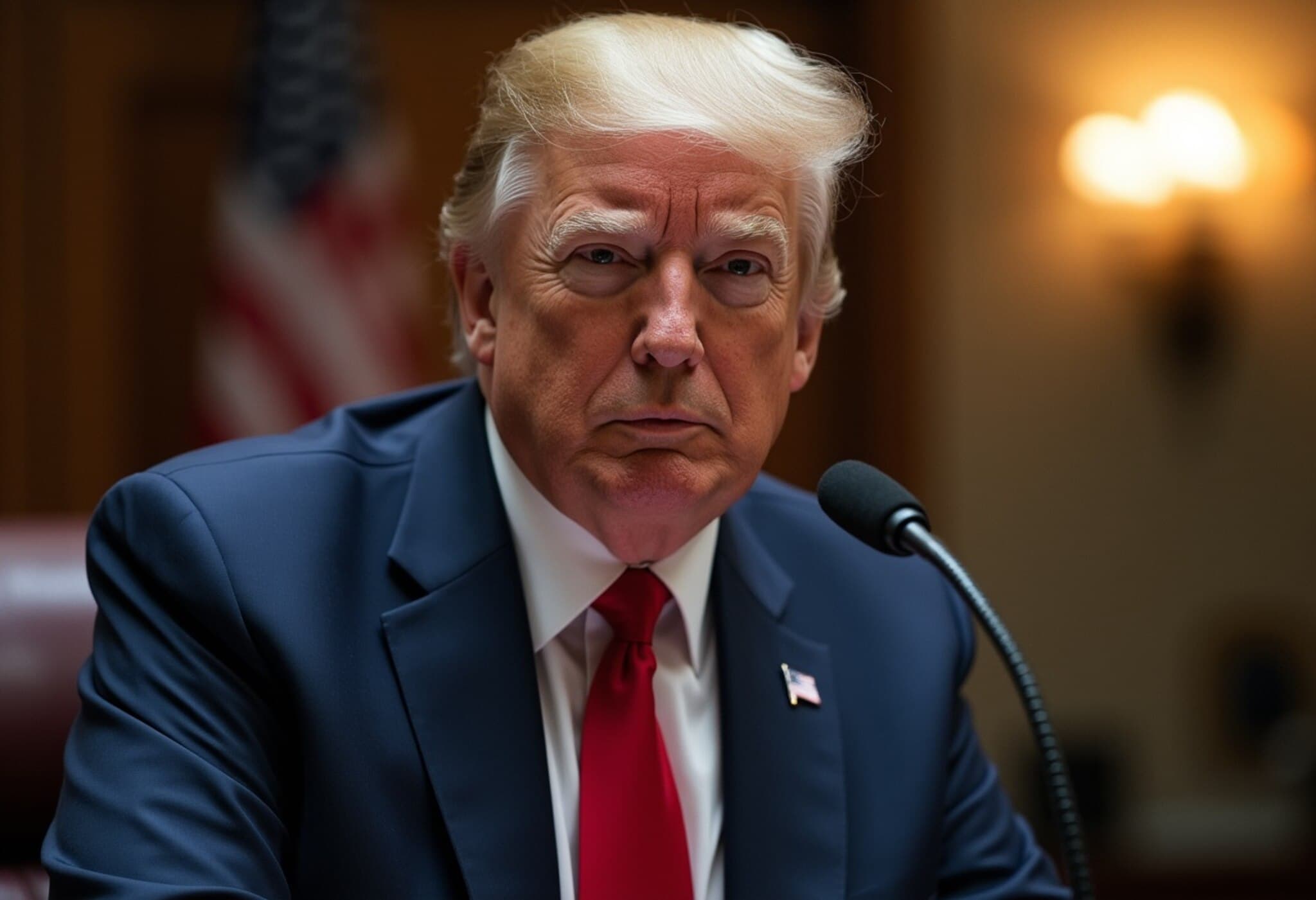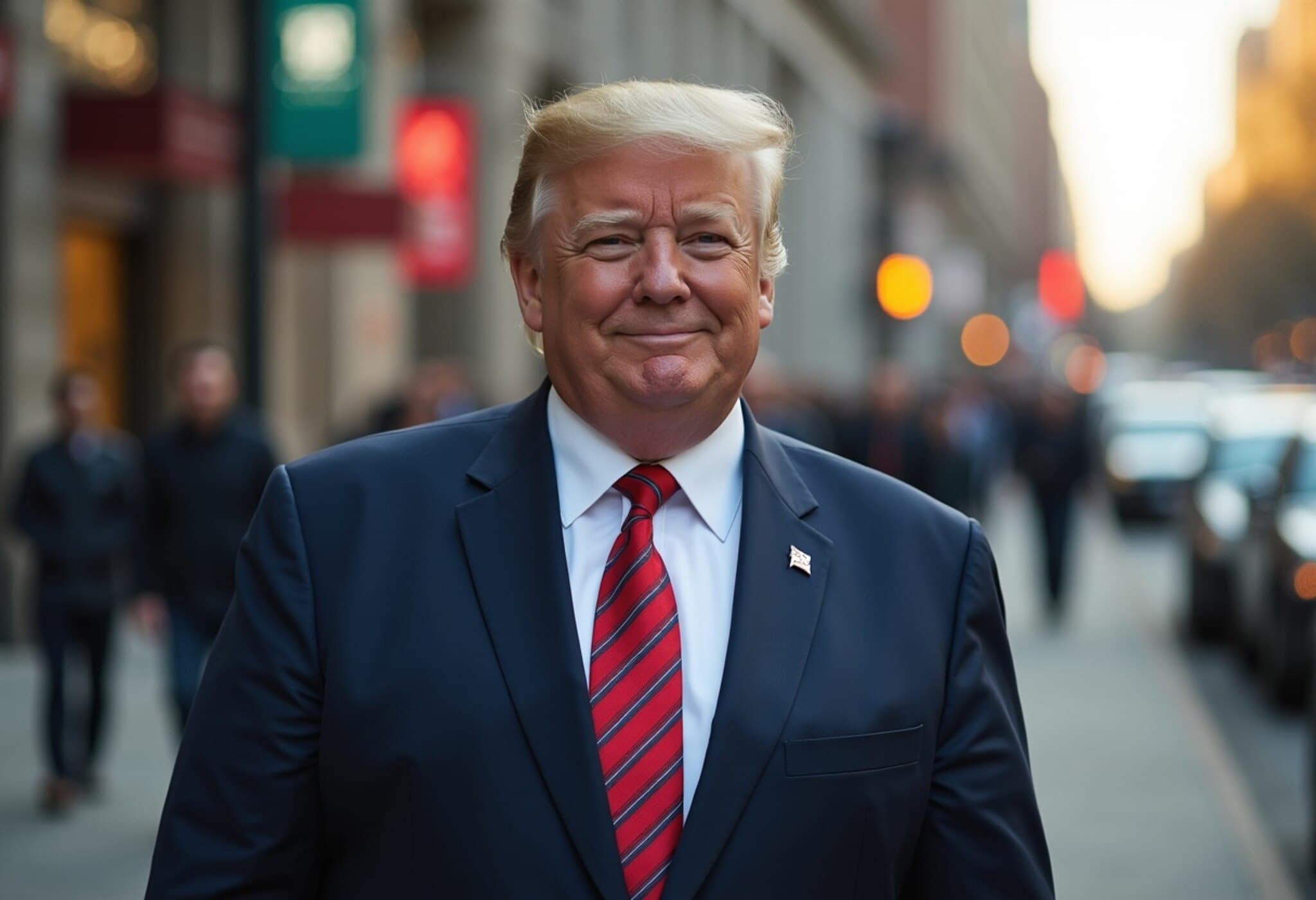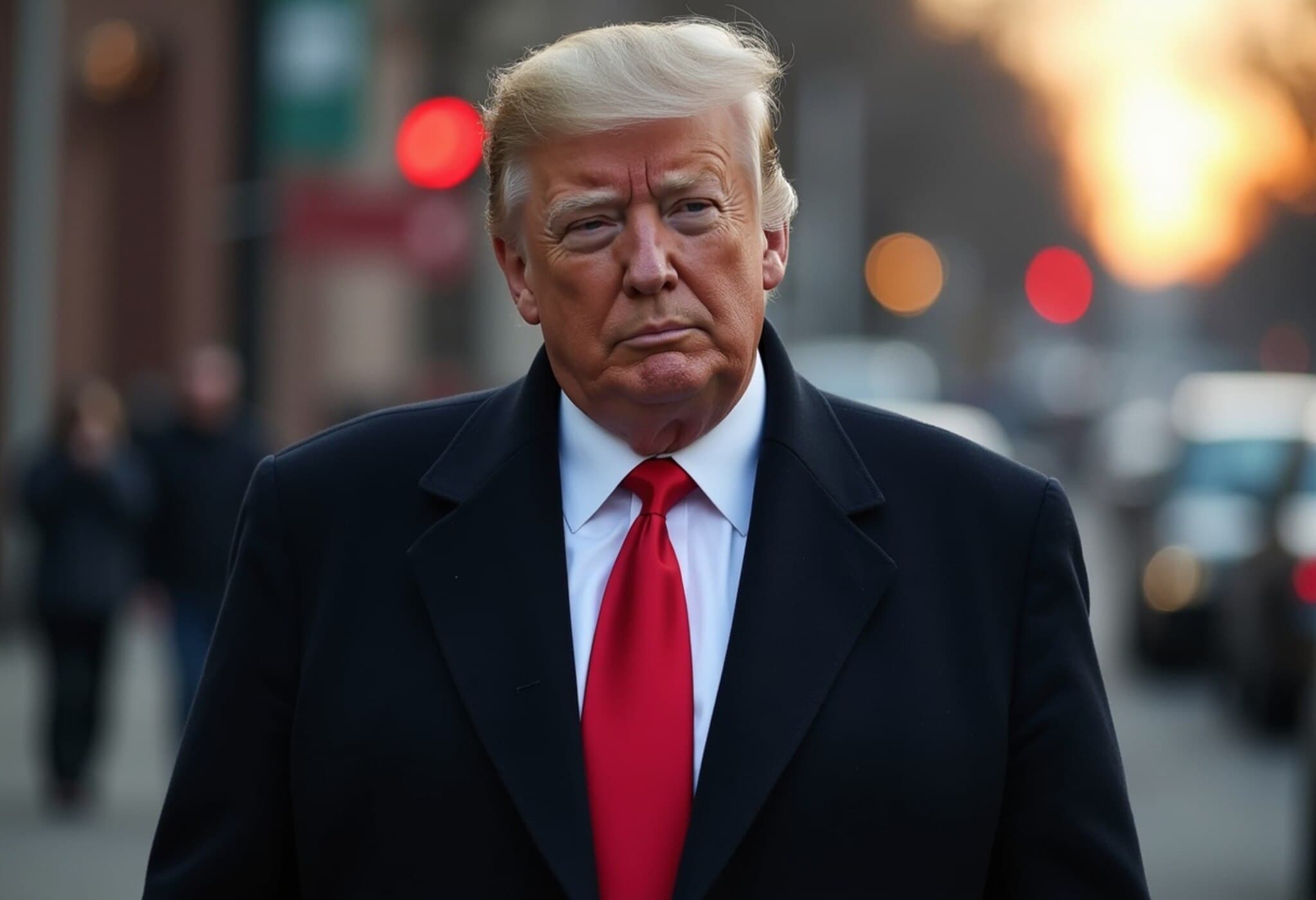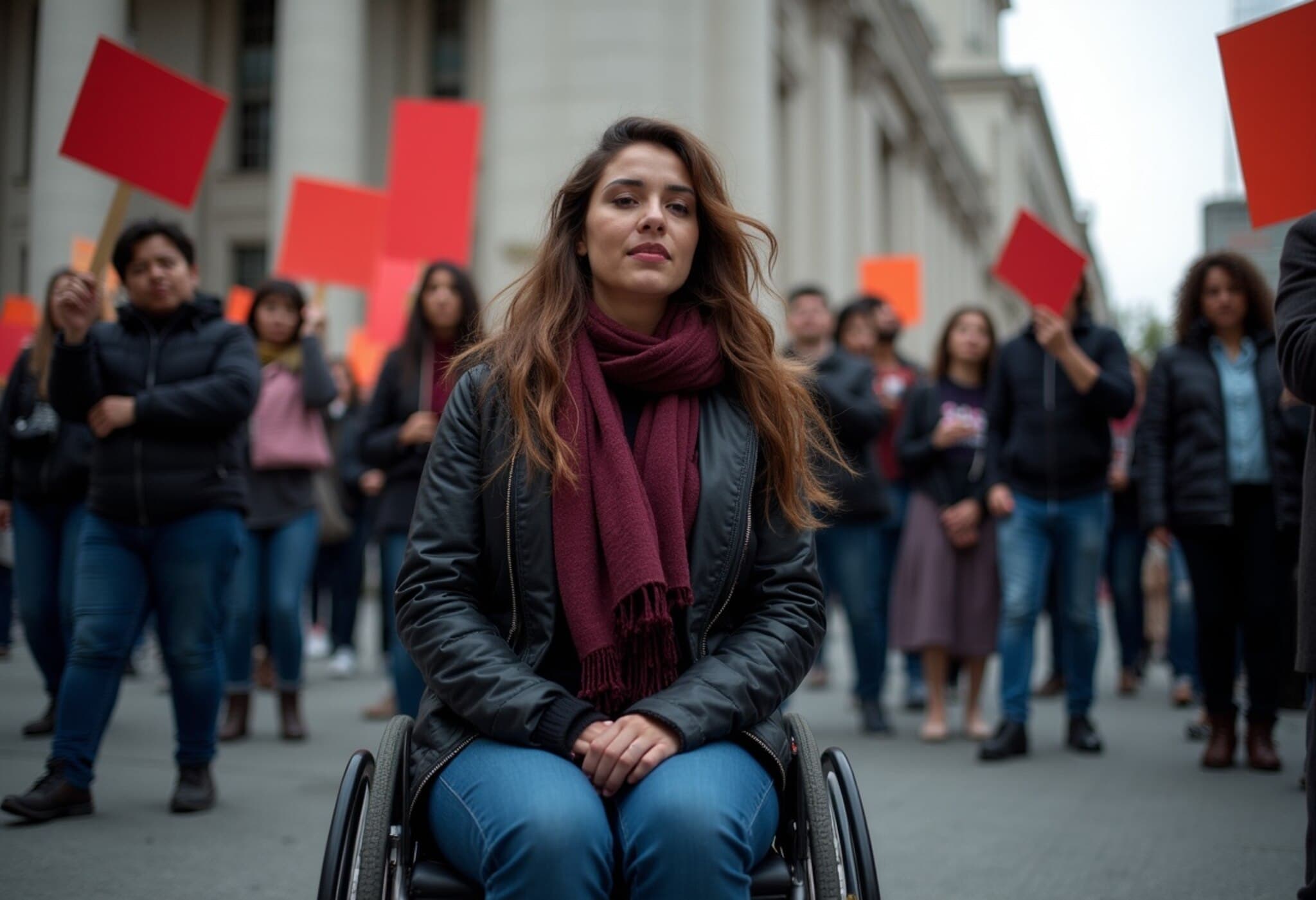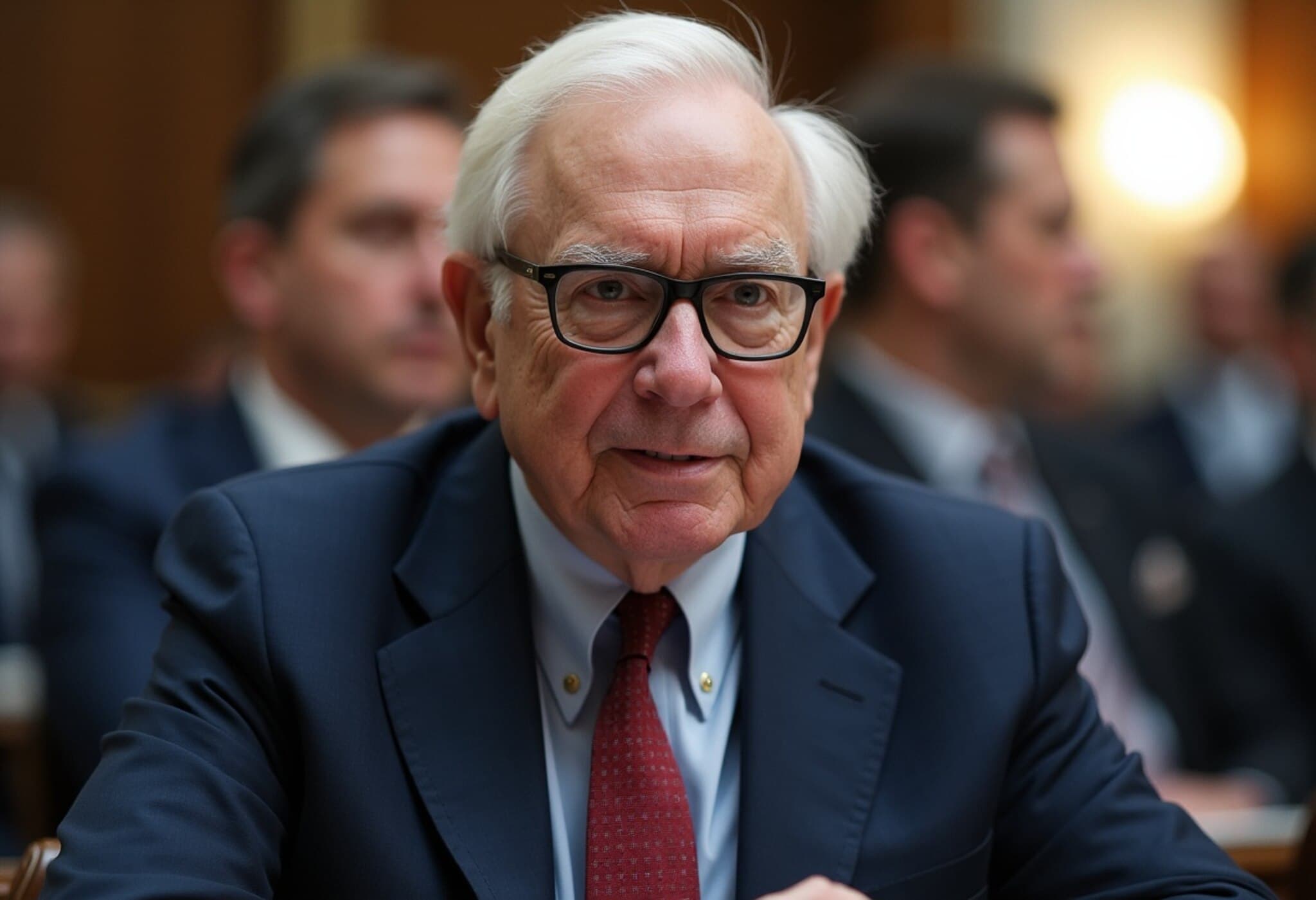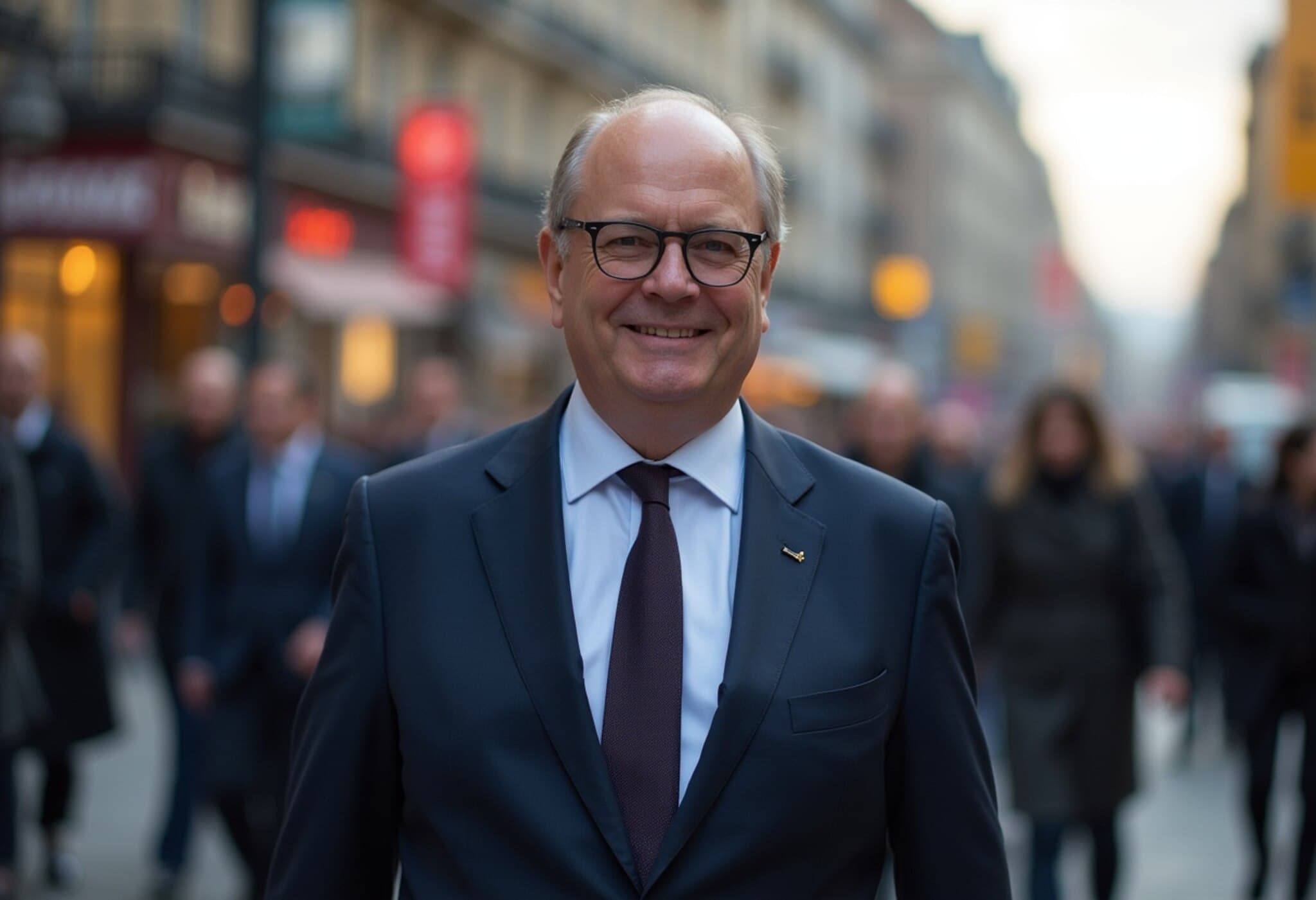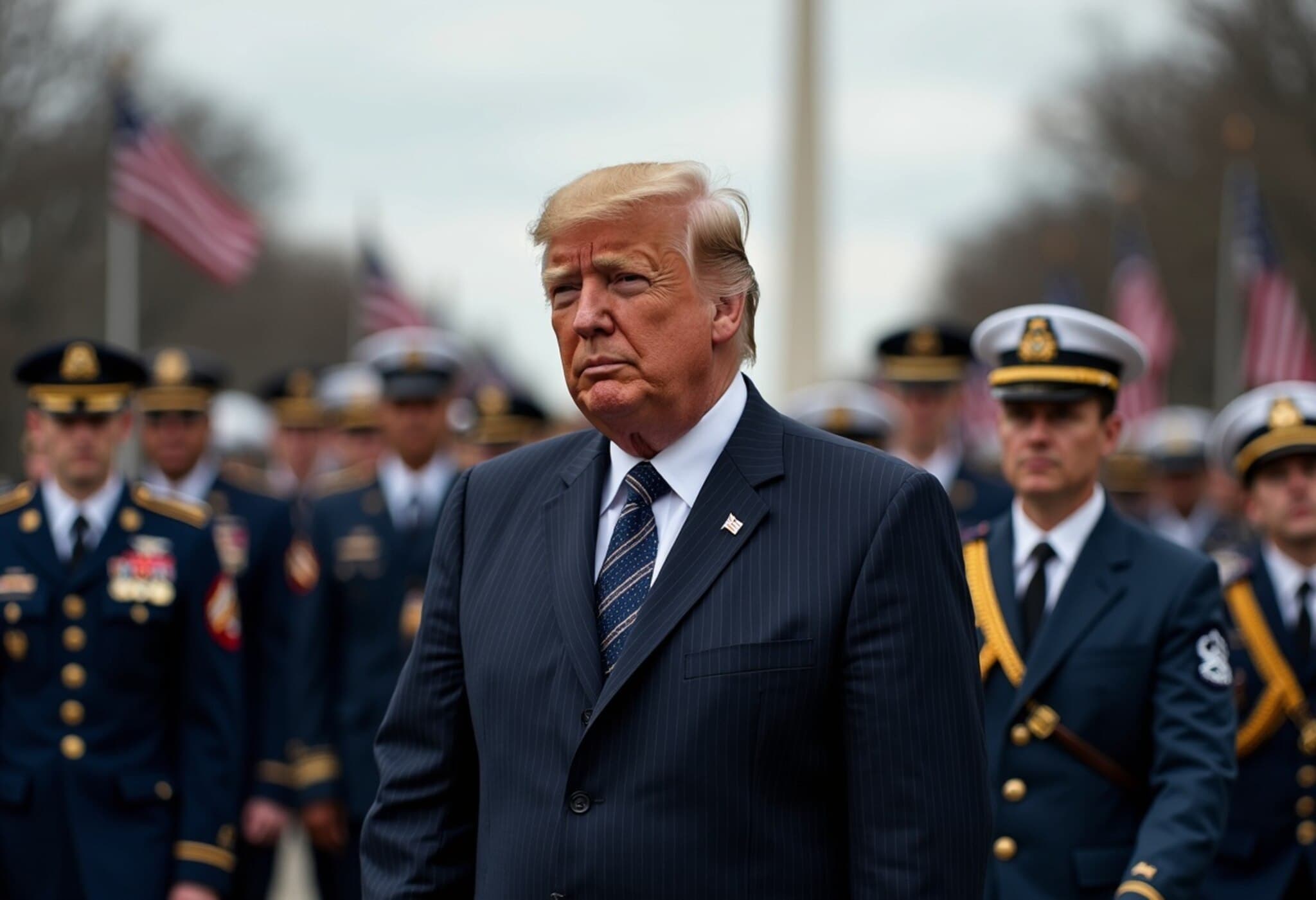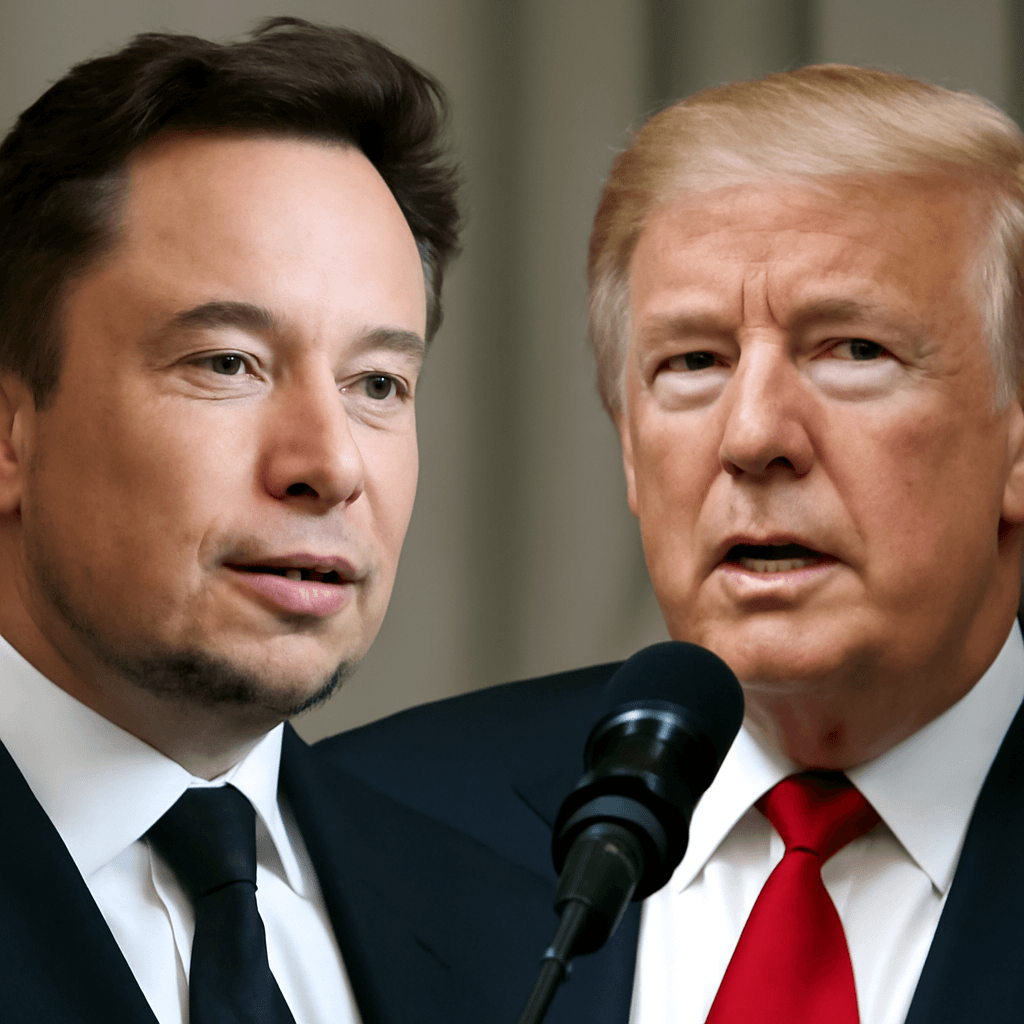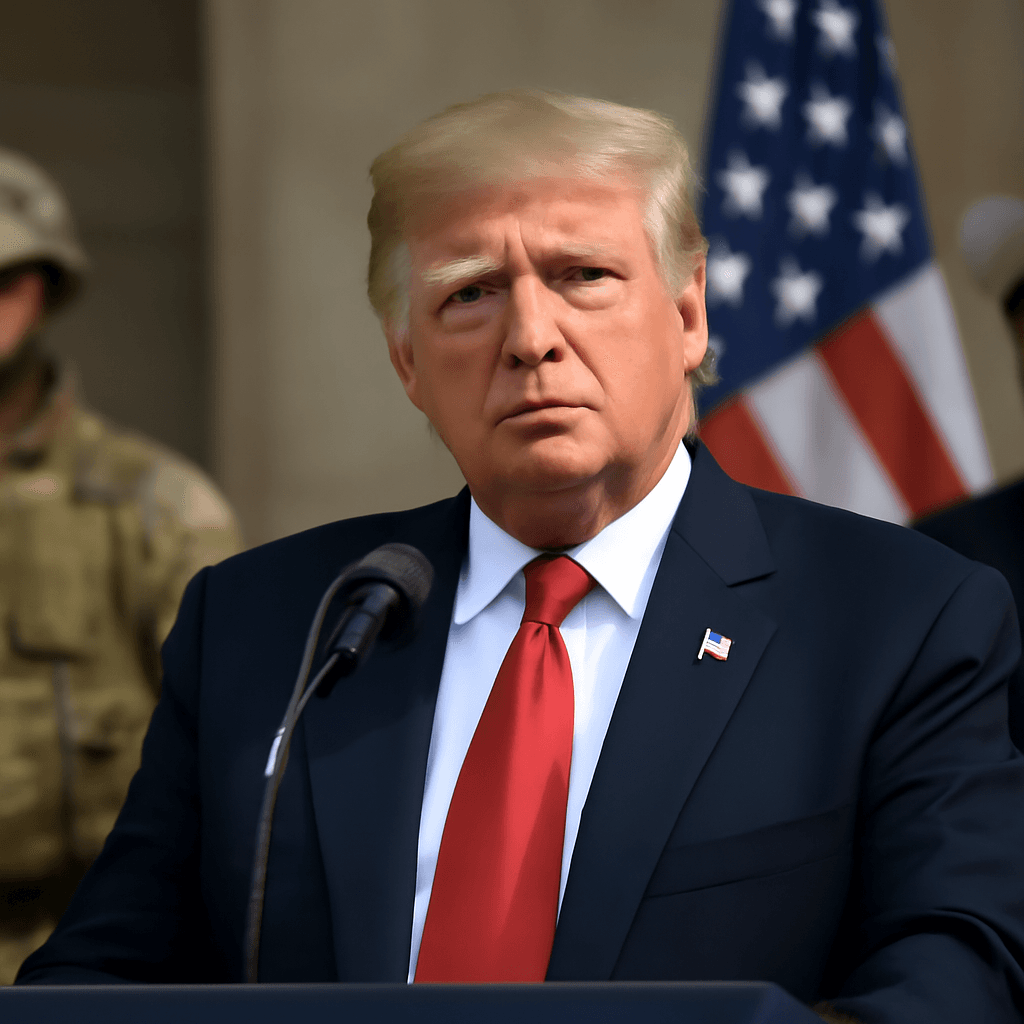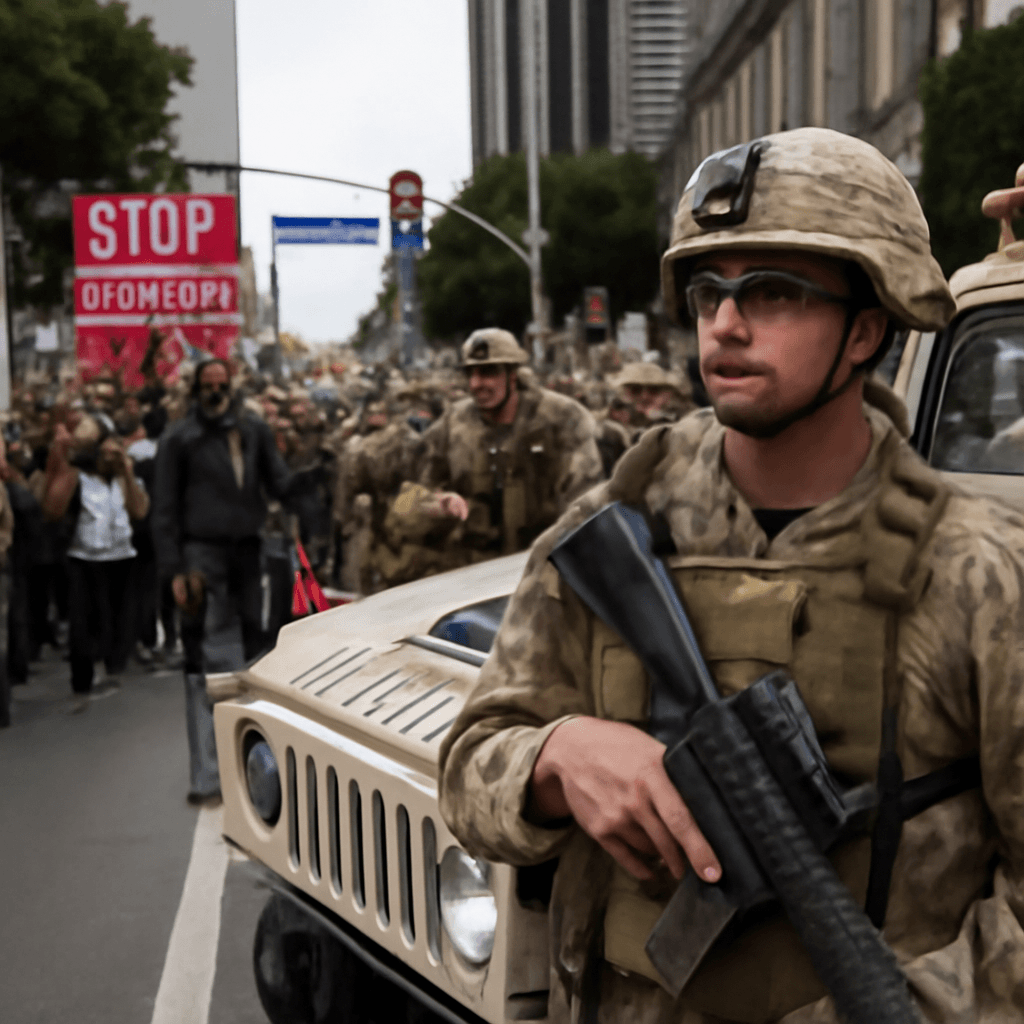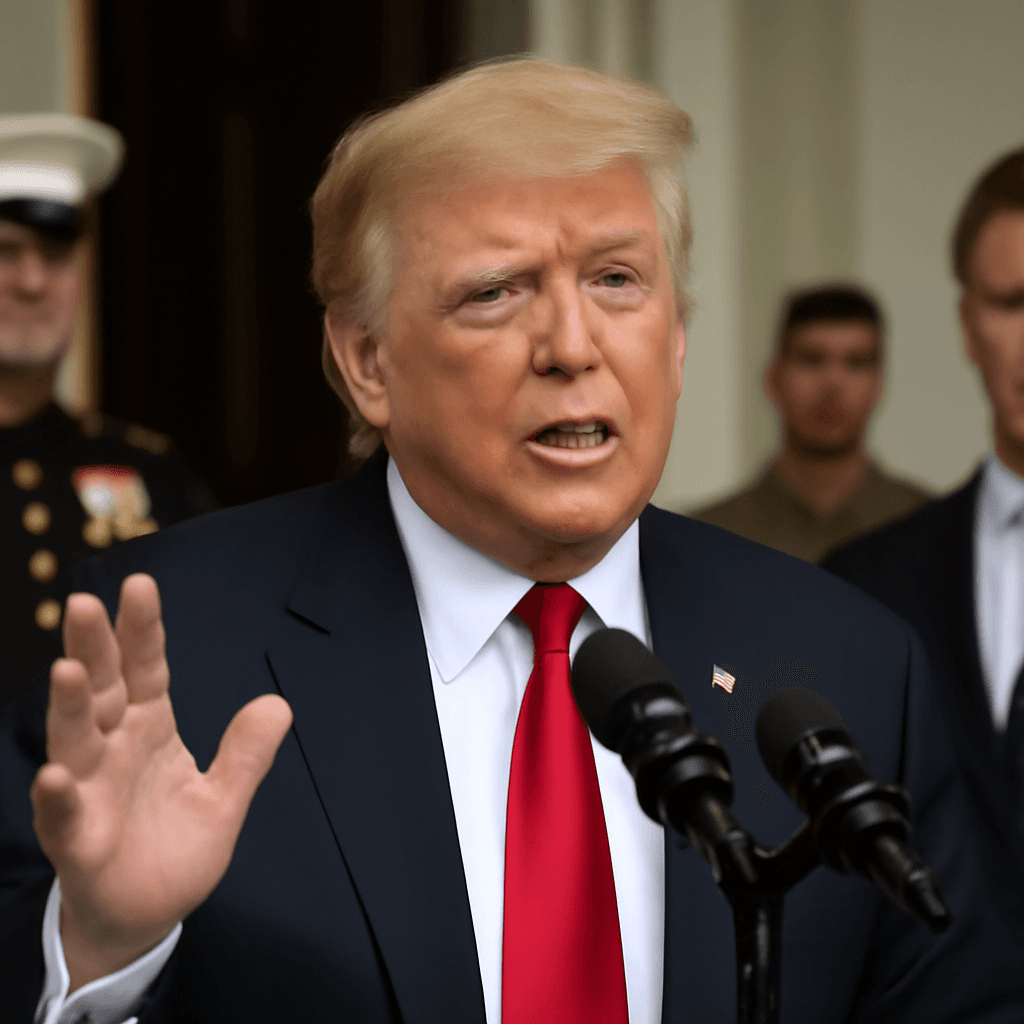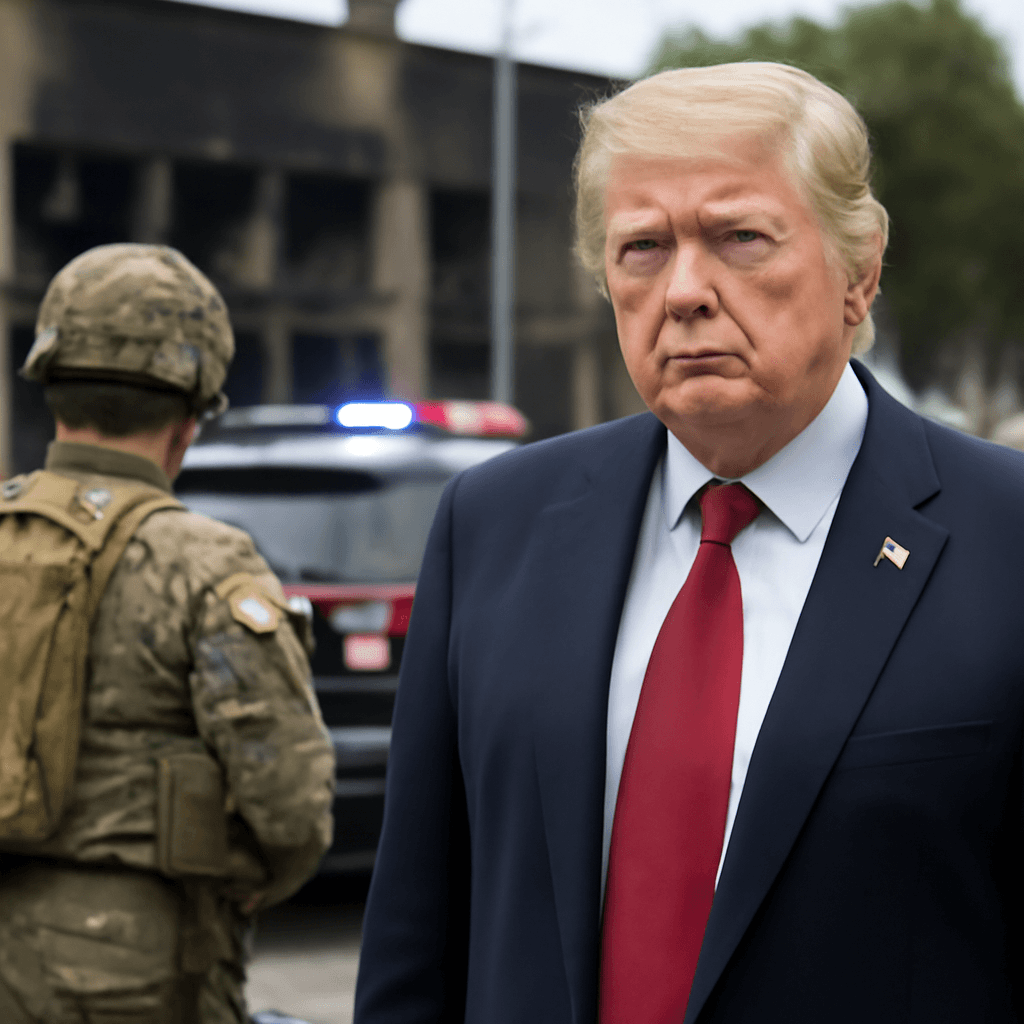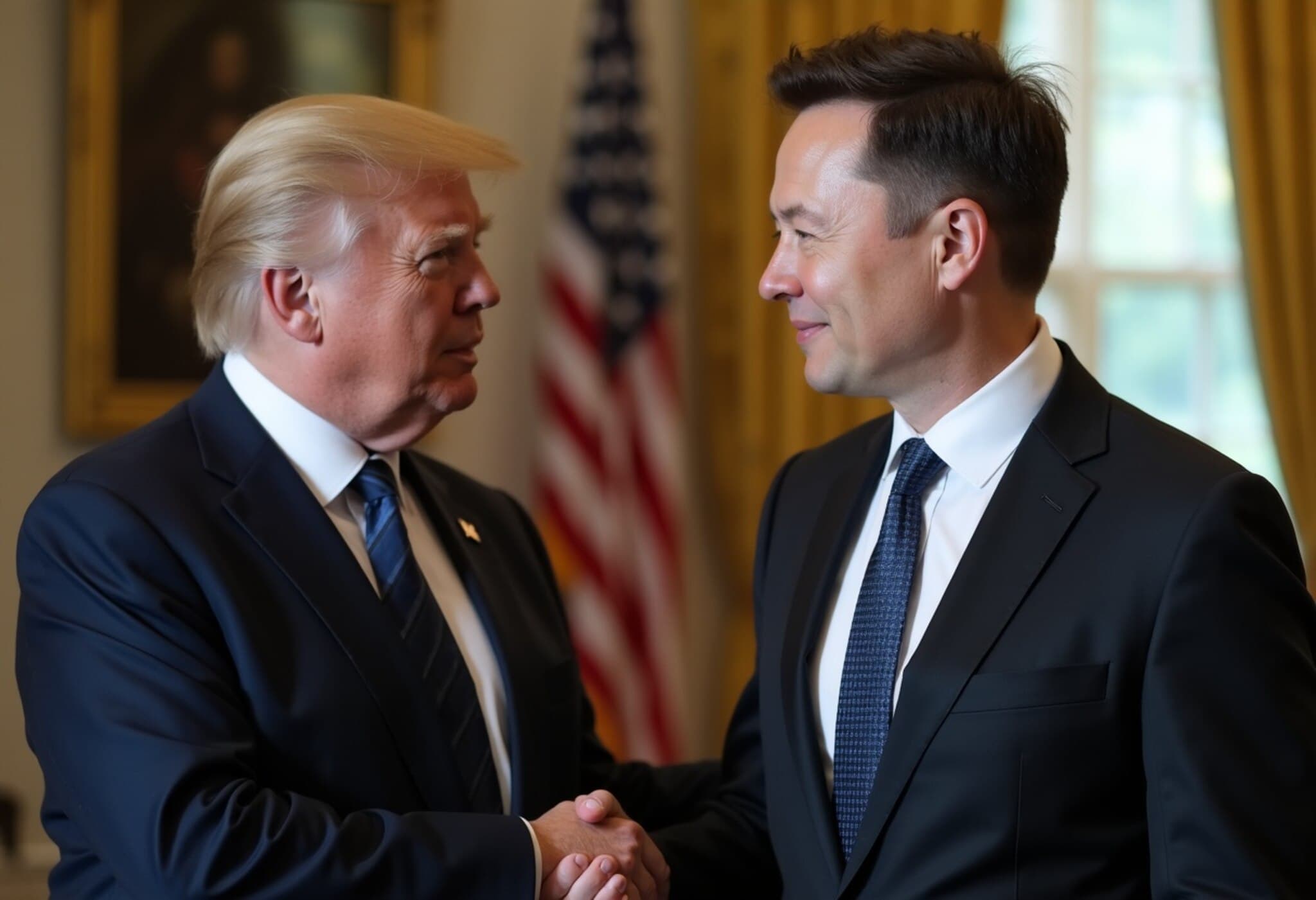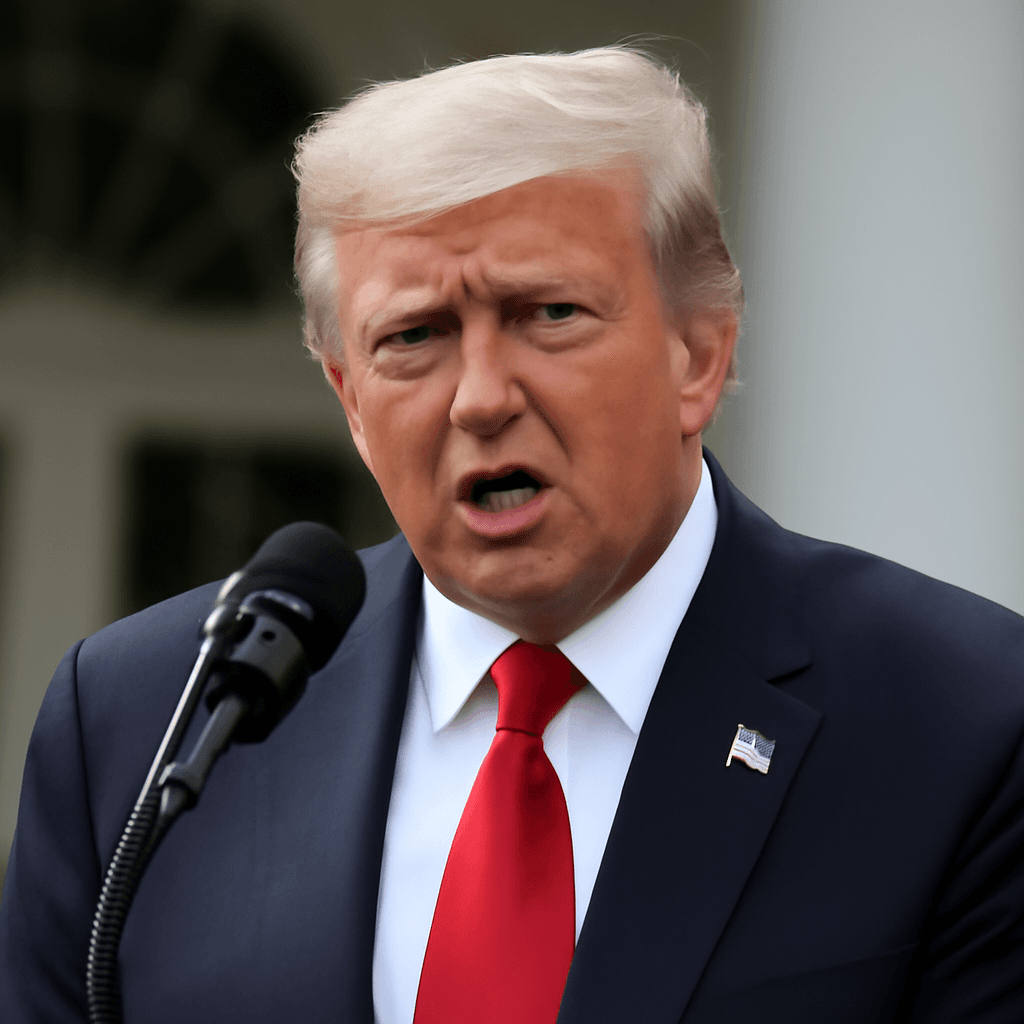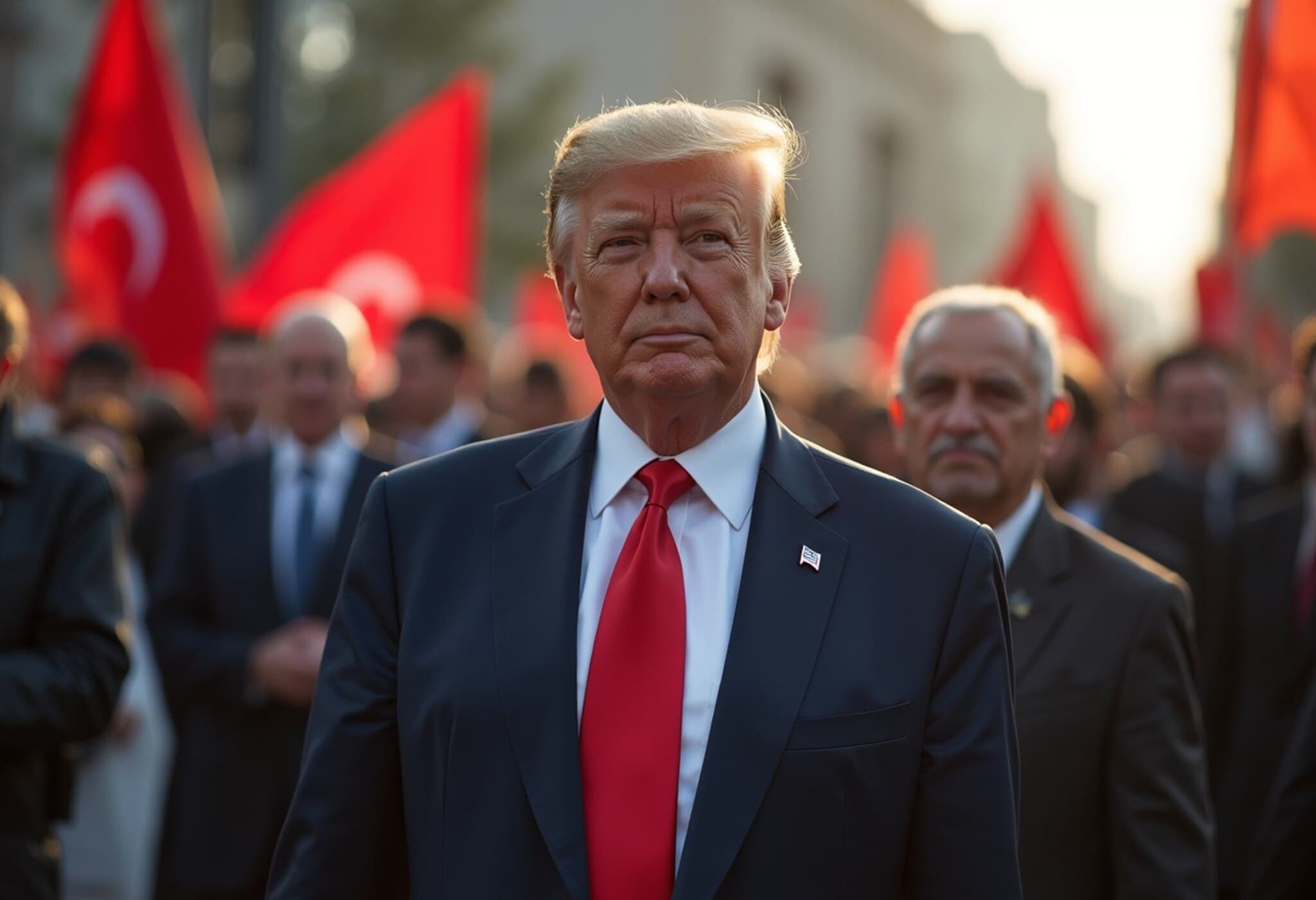Trump’s National Guard Deployment in Los Angeles: A Political Flashpoint
US President Donald Trump’s controversial decision to deploy the National Guard in Los Angeles has sparked intense debate across the nation. Following anti-immigration raids that ignited protests and riots in multiple cities, the administration ramped up military presence by adding 2,000 National Guardsmen to the original force of 2,000, alongside roughly 700 Marines. This brings the total armed forces in LA to nearly 4,800 troops.
Widespread Protests Sweep Major Cities
The unrest triggered by the immigration crackdown has spread far beyond Los Angeles, with demonstrations reported in New York, Chicago, San Francisco, Seattle, Houston, Dallas, San Antonio, and Washington, D.C. Police responses have varied, but tensions have remained high nationwide as the government’s hardline measures face mounting resistance.
Trump's Defiant Rhetoric Amid Growing Controversy
Rather than easing tensions, Trump intensified his rhetoric. Labeling the protesters as “animals” and “foreign enemies” during a speech at Fort Bragg, he signaled a tough stance that many critics have condemned as divisive.
Legal Battle Looms Over Federal Troop Deployment
Reacting swiftly, California Governor Gavin Newsom filed an emergency motion in federal court seeking to block the deployment, arguing that sending trained military forces to American streets is an unprecedented threat to democracy. The governor called the president’s actions tyrannical, demanding an immediate judicial halt.
Distraction From Other Controversies: Big Beautiful Bill and Musk Feud
Amid this escalating crisis, President Trump appears to have overshadowed two other hot topics that had attracted significant criticism: his Big Beautiful Bill initiative and his public feud with tech mogul Elon Musk.
Shifting the Spotlight Away From the Big Beautiful Bill
Before the unrest in Los Angeles took center stage, Trump faced intense scrutiny over the controversial policy dubbed the Big Beautiful Bill. However, with national attention now firmly on the immigration unrest, that debate has largely quieted. Critics suggest this shift plays into Trump’s hands, effectively diverting public focus.
US Senator Ed Markey highlighted this dynamic during a discussion with business and community leaders, noting, “He’s trying to distract America from what he’s really trying to do. And that just becomes the circus.” Markey further emphasized that the governor did not request federal troops, making this deployment unprecedented in over six decades.
From Feud to Fractured Truce: Trump and Musk’s Changing Dynamics
Meanwhile, the once-volatile public sparring between Trump and Elon Musk has cooled amid the LA crisis. The unrest has inadvertently forged a temporary public alignment, particularly on border security and law enforcement matters.
Musk has condemned violent protests opposing Trump’s immigration policies and supported the National Guard deployment. On his social media, Musk shared Trump’s call for California officials to apologize for their handling of the situation and posted imagery highlighting the chaos engulfing LA with the caption, “This is not ok.”
Interestingly, Musk has also walked back some earlier critical posts about Trump, acknowledging that his remarks “went too far.” This suggests a pragmatic recalibration, focusing more on shared policy concerns rather than personal rivalry.
Broader Implications: State-Federal Tensions and Public Order
The Los Angeles unrest transcends personality clashes and policy spats. It exposes deeper fissures in American governance — specifically, the delicate balance between federal authority and state autonomy. As the dispute escalates both on the streets and in courtrooms, questions about migration, security, and democratic norms loom larger than ever.
For now, the nation remains riveted on the unfolding drama, where political tactics, public safety, and civil liberties collide in a volatile mix.

